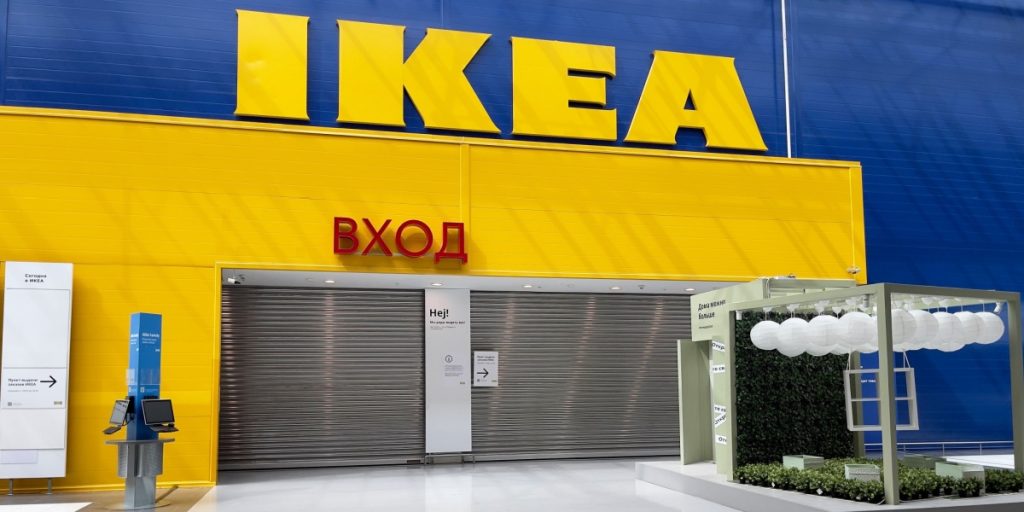Western companies are re-evaluating their exit strategies from Russia.
Others are reading now
Growing Kremlin-imposed exit fees, challenges in finding suitable buyers, and a revival in consumer activities are making Western companies rethink their departure from Russia, according to a recent report by the Financial Times.
As of last month, 2,175 foreign companies remain in Russia, while 1,610 have either left or reduced their operations, according to the Kyiv School of Economics.
The rising costs and bureaucratic hurdles involved in exiting the Russian market have led many companies to reconsider their strategies.
Complex Bureaucracy and Financial Burdens
One of the primary obstacles is the Kremlin’s imposition of a mandatory 50% discount on assets belonging to businesses from countries it deems “unfriendly.”
Also read
Additionally, a minimum 15% exit tax and the necessity of finding Russian buyers who are not sanctioned by the West and are acceptable to Moscow have further complicated exits.
Consumer giants like Nestlé, Unilever, Philip Morris, and Mondelez have openly expressed their challenges.
Mondelez CEO Dirk Van de Put told the Financial Times that investors do not “morally care” about continuing operations in Russia.
Unilever board member Nelson Peltz remarked on the competitive disadvantages of pulling out, saying, “If we pull out of Russia, [rivals P&G and Colgate-Palmolive] will take our brands for themselves.”
Failed and Deferred Exits
Some companies have faced significant setbacks in their exit attempts.
The cosmetics brand Avon Products declined offers to buy its Russian business, and French industrial gas producer Air Liquide did not receive government approval for its sale.
Similarly, the U.K. consumer group Reckitt Benckiser hesitated after initiating ownership transfer processes. CEO Kris Licht noted, “We continue to look at options but it has become more complex, not less.”
The repercussions for companies attempting to leave Russia have been severe.
Danone and Carlsberg had their assets seized after announcing their exit plans. Danone eventually sold its assets at a discount, while Carlsberg remains embroiled in a legal battle with the Russian government.
Rising wages and a recent trend of nationalizations are also factors deterring corporate exits, according to Alexander Prokopenko, a non-resident fellow at Carnegie Russia Eurasia.
A second unnamed executive familiar with Western businesses in Russia described the dilemma: “Many European companies have found themselves really between a rock and a hard place.”


